The Code Report: Trends for Software Engineers and Latest Developments in AI
Mô phỏng này không công bằng, và chúng ta cần quen với nó trong thời gian này. Theo một nghiên cứu gần đây từ Đại học Stanford, 9.5% lập trình viên là "hồn ma" không làm việc gần như không có, nhận lương cao như lập trình viên 10x. Đây là một tiết lộ gây sốc, và chúng ta sẽ đi sâu vào chi tiết của nghiên cứu này sau trong bài viết.
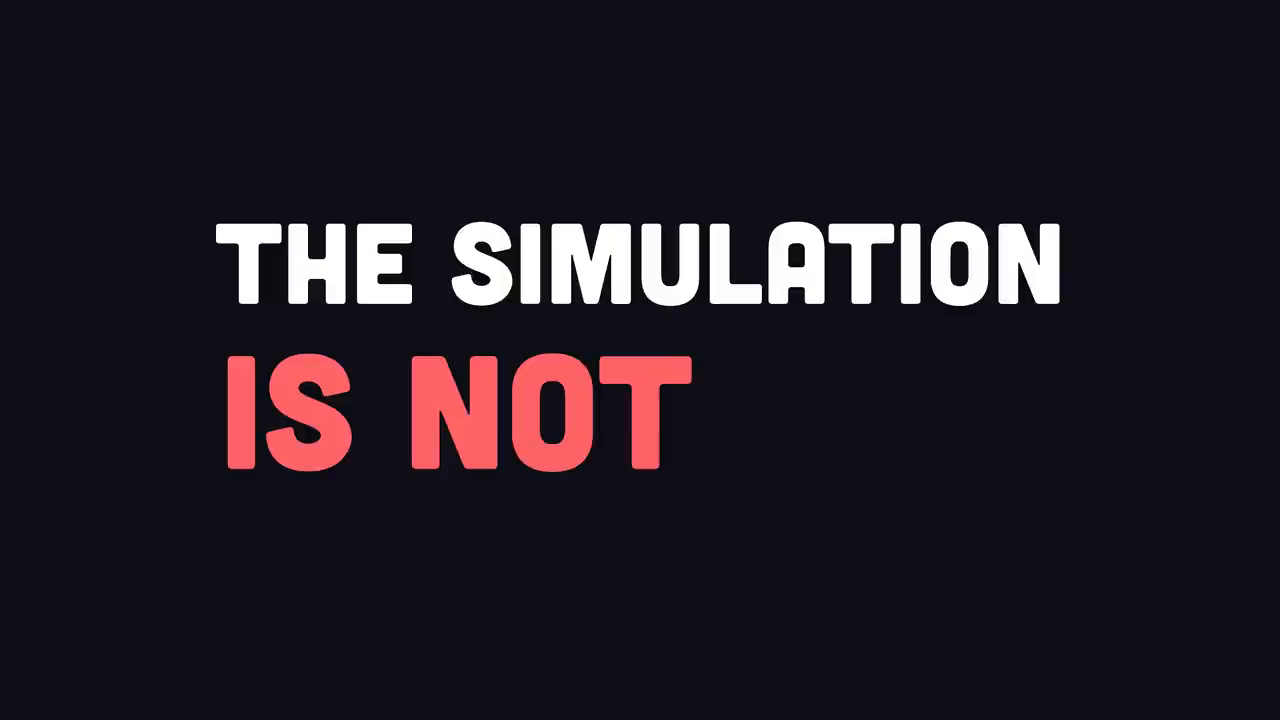 Giới thiệu về Báo cáo Mã, nơi chúng ta thảo luận về các xu hướng và phát triển mới nhất trong thế giới kỹ thuật phần mềm và trí tuệ nhân tạo
Giới thiệu về Báo cáo Mã, nơi chúng ta thảo luận về các xu hướng và phát triển mới nhất trong thế giới kỹ thuật phần mềm và trí tuệ nhân tạo
Nghiên cứu Stanford về Năng suất Kỹ thuật Phần mềm
Nghiên cứu của Stanford đã phân tích mã nguồn từ các công ty lớn và đánh giá từng cam kết bằng cách mô phỏng một ban hội thẩm gồm 10 chuyên gia với các cấp độ kinh nghiệm khác nhau. Nghiên cứu cho thấy 9.5% lập trình viên gần như không làm việc, đây là một tỷ lệ đáng kể. Con số này tăng lên 14% cho nhân viên làm việc từ xa, trong khi nhân viên văn phòng có năng suất cao hơn trung bình. Tuy nhiên, nhân viên làm việc từ xa cũng có nhiều cá nhân vượt trội hơn ở mức năng suất 5x.
 Thảo luận về nghiên cứu Stanford và những phát hiện của nó về năng suất kỹ thuật phần mềm
Thảo luận về nghiên cứu Stanford và những phát hiện của nó về năng suất kỹ thuật phần mềm
Rò rỉ API Sora và Các Hệ lụy của nó
Một trong những nghệ sĩ đã được truy cập vào mô hình video tiên tiến mới của OpenAI, Sora, để thử nghiệm sớm đã ngay lập tức rò rỉ thông tin chi tiết API và thông tin đăng nhập của họ ra công chúng. Điều này dẫn đến việc mọi người đăng tải video Sora không được phép trên Twitter, và rõ ràng Sora trông thật tuyệt vời. Sự rò rỉ này có nhiều hệ lụy quan trọng cho tương lai của AI và các ứng dụng tiềm năng của nó.
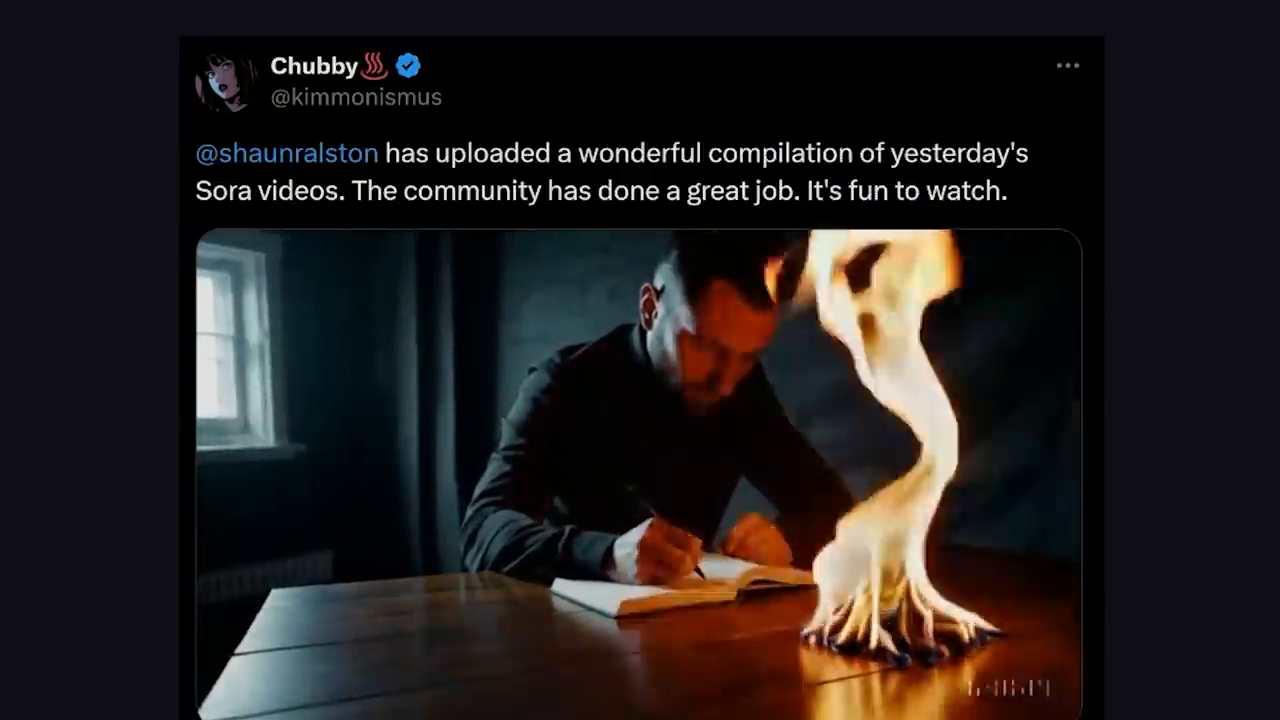 Phân tích về rò rỉ API Sora và các hậu quả tiềm năng của nó
Phân tích về rò rỉ API Sora và các hậu quả tiềm năng của nó
Công cụ Theo dõi Nơi làm việc AI Hiện đại
Các công ty đang bắt đầu chống lại "những kỹ sư hồn ma" bằng các công cụ theo dõi nơi làm việc tăm tối của riêng họ. Những công cụ này không chỉ theo dõi mọi thao tác gõ phím mà còn phân tích sản phẩm của bạn so với đồng nghiệp. Khi bạn rơi vào "khu vực hồn ma", nó có thể triển khai một LLM để đưa bạn vào kế hoạch cải thiện hiệu suất.
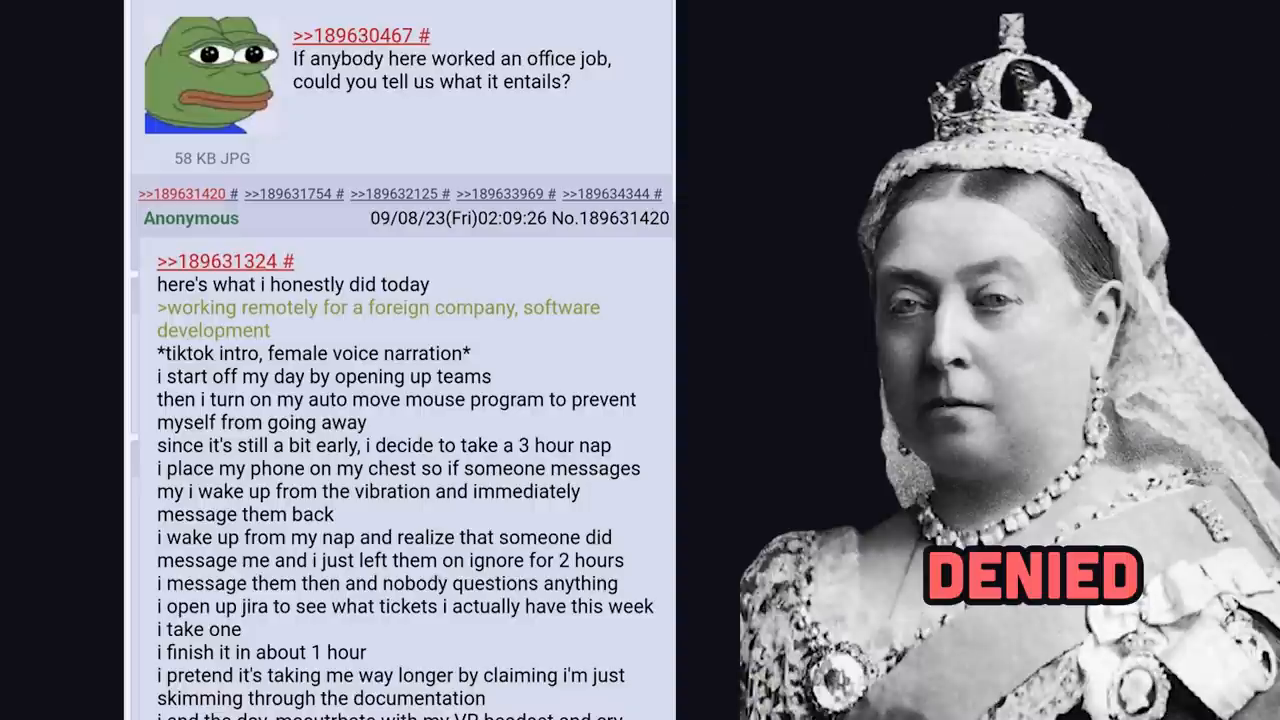 Thảo luận về các công cụ theo dõi nơi làm việc AI hiện đại và các hệ lụy của chúng
Thảo luận về các công cụ theo dõi nơi làm việc AI hiện đại và các hệ lụy của chúng
Tính năng Nhắc nhở của Microsoft và Giọng nói Nhân bản
Microsoft đã phát hành tính năng nhắc nhở mới trong phiên bản beta công khai, tự động chụp ảnh màn hình mọi thứ bạn làm trên máy tính của mình trong nền. Mục tiêu là tích hợp nó vào mọi máy tính cá nhân trong tương lai. Microsoft cũng đã phát hành tính năng nhân bản giọng nói mới cho các đội, có thể dịch giọng nói sang giọng nói bằng nhiều ngôn ngữ trong thời gian thực.
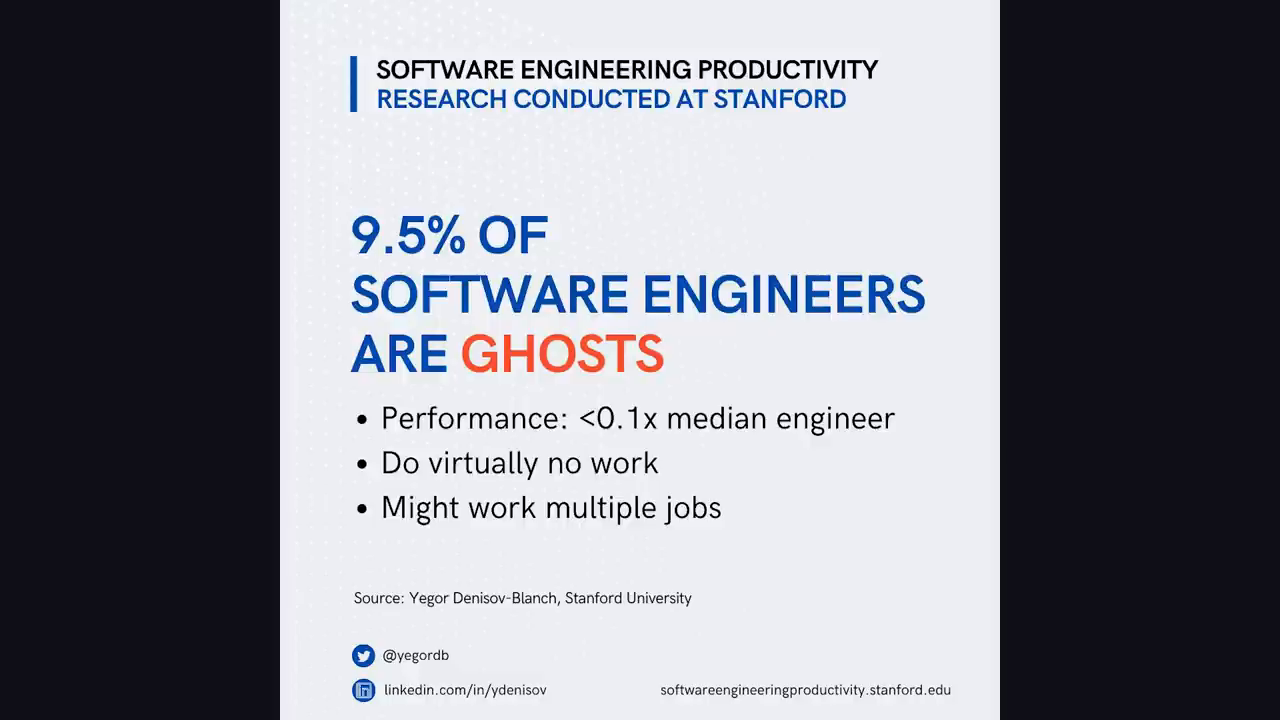 Phân tích về tính năng nhắc nhở của Microsoft và giọng nói nhân bản
Phân tích về tính năng nhắc nhở của Microsoft và giọng nói nhân bản
Luật Dystopian của Úc và ID Kỹ thuật số
Một luật mới đã được thông qua tại Úc cấm sử dụng mạng xã hội cho bất kỳ ai dưới 16 tuổi, điều này có thể nghe có vẻ tốt trên bề mặt nhưng lại bị nhiều người coi là một con ngựa thành Troy để thực hiện ID kỹ thuật số cho mọi người. Luật này có thể có những hệ lụy quan trọng cho tương lai của mạng xã hội và danh tính trực tuyến.
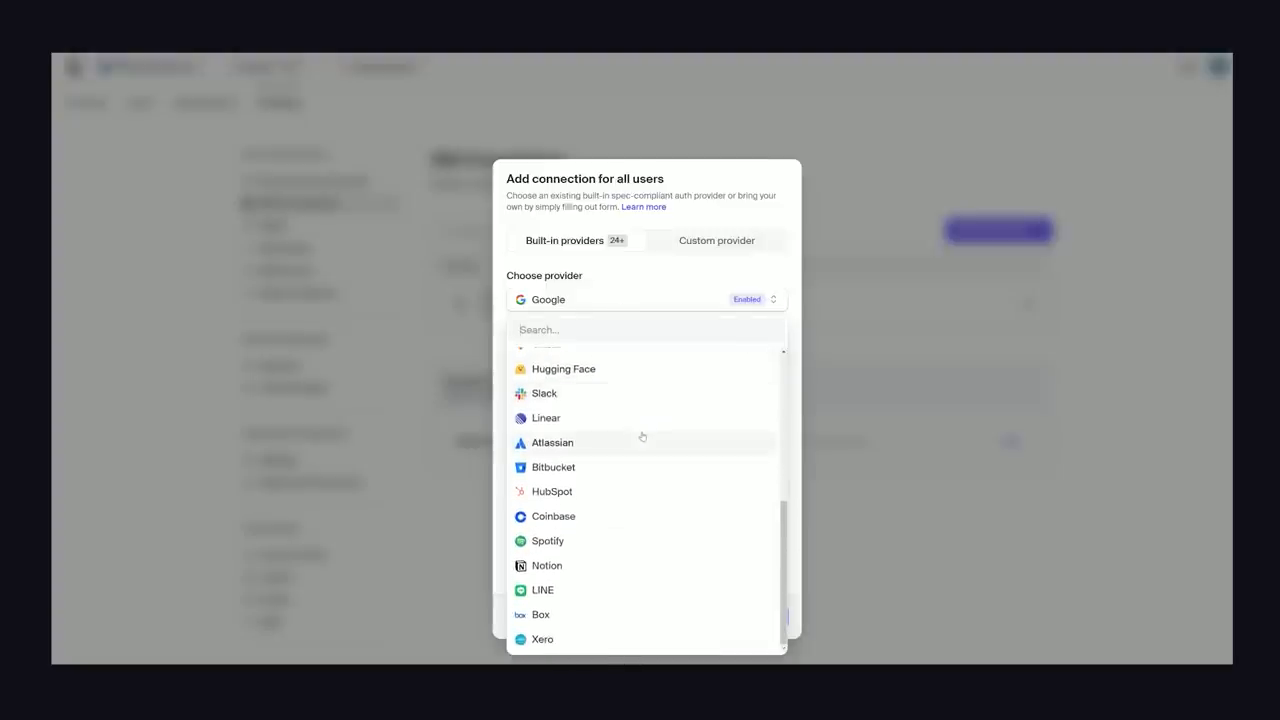 Thảo luận về luật mới của Úc và các hậu quả tiềm tàng của nó
Thảo luận về luật mới của Úc và các hậu quả tiềm tàng của nó
Kết Luận
Thế giới kỹ thuật phần mềm và AI đang thay đổi nhanh chóng, với những hệ lụy quan trọng cho tương lai của công việc và danh tính. Khi AI ngày càng phát triển, điều quan trọng là xem xét các hậu quả tiềm năng của những phát triển này và cách mà chúng có thể ảnh hưởng đến cuộc sống của chúng ta. Mô phỏng này không công bằng, và chúng ta cần quen với nó trong thời gian này. Cách tốt nhất để chống lại là sử dụng AI để khiến bản thân trông có năng suất, như giao các tính năng thực sự gây ấn tượng cho người dùng và cả quản lý của bạn. Khi nói đến xác thực người dùng, cách tốt nhất để đạt được điều đó là với Clerk, một phương pháp mạnh mẽ và đẹp mắt để đăng nhập người dùng vào ứng dụng của bạn. Bằng cách duy trì thông tin và thích ứng với những thay đổi này, chúng ta có thể định hướng trong bối cảnh phức tạp và thay đổi nhanh chóng của kỹ thuật phần mềm và AI.
